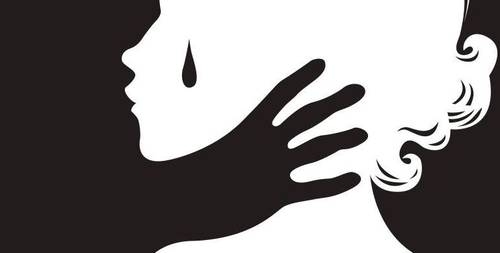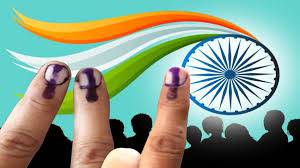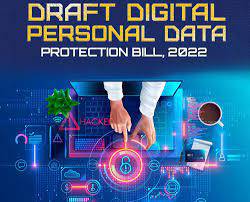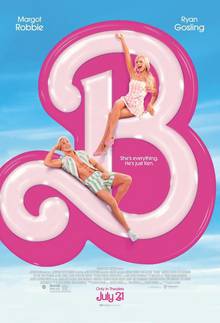Ms. Kirthi Jayakumar was one of the esteemed Guest-Speakers at Kurukshetra'17. After delivering a revolutionary talk, this women's rights activist, social entrepreneur, writer and recipient of the US Presidential Services Medal in 2011 spoke to the Guindy Times about her remarkable journey.
What does it take to be a Women's rights activist?
It takes a lot of effort, to be honest. Every woman faces the challenge of the male-chauvinistic society . It has been many years since women have been subjected to oppression. I look for ways that will help us move forward and try setting things right for the future generations.
Where did the spark to be an activist come from?
As a child, I was a survivor of sexual abuse. I was bullied at high school as well. At college, I was savagely beaten and left on the roadside. I also faced a lot of racial and ethnic violence because of my skin color and the caste that I belonged to. My natural tendency to speak English more often wasn’t always received well by several people.
I slowly realized that there are many underlying reasons for all of these. People do not want to be violent. They do so only out of fear. The day I found the courage to forgive everyone who had ever hurt me, I realized that I could help other people forgive as well. That is when I started working as a story-teller. The first step in surviving abuse is to share your story. The truth in your narration is what helps you become a person who grows beyond the abuse. The next step was to start helping other women who had faced similar situations in their lives. That is how the ‘Red Elephant Foundation’ was founded.
Do tell us more about the ‘Red Elephant Foundation’?
It was founded in June 2013, during my mother’s birthday. The reason for choosing that date was to honor my mother, a feminist who has led by example and has had the greatest impact on my life. Her life was my greatest lesson. So we started out as a story-telling organization where we interviewed survivors and change-makers. Over the past three and a half years, we have grown bigger. We conduct workshops and develop technologies for helping women, who are our primary user-base. We have also started an initiative ‘Chalkpeace’, to train young minds. Its main objective is to shift their mindsets towards equality and peace and to make them conscious citizens of the future.
What made you to take to doodling?
I love doodling and it was a channel for me to express myself whenever I was frustrated. It started in a strange way. There was a professor in my law school who did not know the subject well and whose teaching I did not like. When I was sent out of class once for doodling, I remember completing the doodle outside.
Today, I teach it too survivors for using it as a means to express themselves. I'm also running ‘Femcyclopaedia’ to bring out the stories of women who were lost between the pages of our history books.
How do you choose the women you doodle?
I read lots of books and also browse the web. I visit villages ask them to narrate the stories of women in their town. These activities add many names to the list. Every day I spend time to doodle one woman and I put up a few words of what they have contributed to the society.
How did you find the experience of meeting with Michelle Obama?
I am a big fan of Michelle Obama. She has an electrifying persona . I did not get a chance to meet her in person at the White House, but met her virtually! I remember crying out of happiness when she mentioned my name. Whenever my parents want me to shut up and stop talking ,they play videos of Michelle Obama - like a child shown a toy, I watch Michelle Obama being absolutely speechless
The 30th of September 2014. How important is this date to you?
That was one of the happiest days in my life. I was the campaign manager for an organization called ‘Delta Women’ which worked entirely online with 50 volunteers hailing from around the world. There is a village in Nigeria which never had a school for more than 30 years. The founder of the organization was knew a native of the same state. We got the attention of the Education Minister of Nigeria through a series of tweets, mails and photos of the situation in the village and interviews of the kids too. Finally, he took action and opened the first school in that village on the 30th of September, 2014. It meant a lot to me when I got to know that some of these children are so thankful for our help that they have adopted our names as their middle names.
Where did you find your strength to make this daunting journey?
I think my strength comes from my confidence and self-belief. I define my labels, I define my identity and the standards by which I want to live my life. I guess that is probably what makes it easy for me.
What would be your advice to students?
It is easy to change the world when you first make the changes within you. You are not defined in terms of your behavior, but by how you live your life. Make the world a good place for everyone to live and love.





